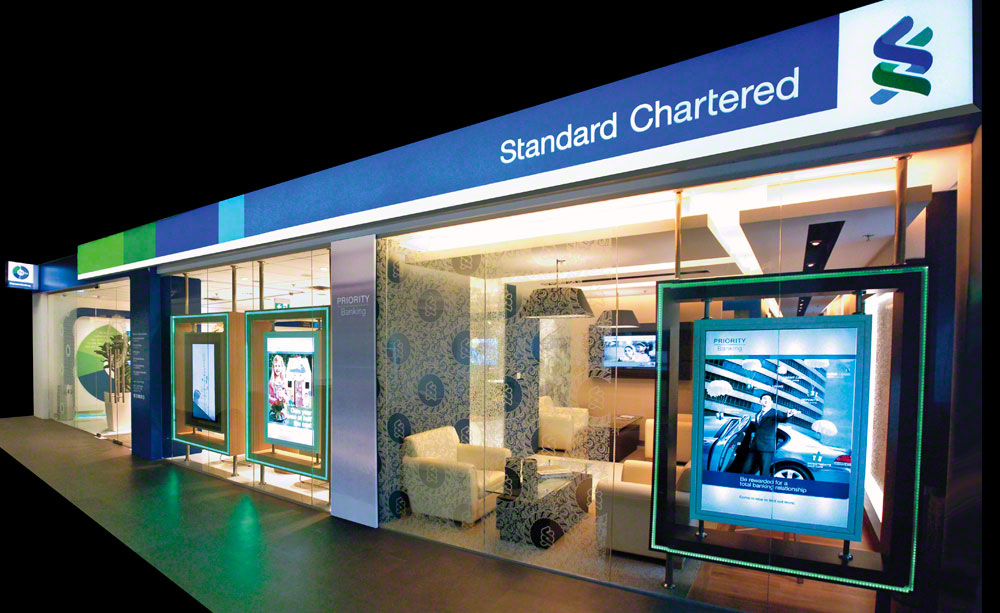Five trends shaping banking in Africa

Despite the current negative sentiments surrounding development prospects in Africa due to China’s economic slowdown, a drop in commodity prices and infrastructure challenges – financial sector leaders and policymakers from across Africa and global market participants’ active in the continent, are still optimistic about Africa’s economic growth.

These views emerged during the Institute of International Finance’s (IIF) Fourth Annual Africa Financial Summit, recently hosted by FNB in Johannesburg.
Speaking about the challenges of mobilising resources for investment in Africa, Mike Vacy-Lyle, CEO of FNB Business highlighted that the banking industry in Africa has shown tremendous growth, with significant future potential as it plays a key role in the economic development and stability of the continent.
Vacy-Lyle shared key banking trends that FNB has seen in Africa through its on-the ground presence and local experience:
The soundness of the banking system in Africa is improving
Most African countries are implementing a minimum eight percent risk weighted capital adequacy ratio, with some banks in Sub-Saharan Africa having already exceeded that figure. “As a result central banks are beginning to recognise the importance of a stable banking environment, which is a very positive step forward,” said Vacy-Lyle.
Rapid expansion of Pan African banking groups
Pan African banks are creating significant cross-border networks and have started to play a more important role in debt syndications and infrastructure projects. In some cases they have even become more dominant than US and European banks operating on the continent.
Growing need for banks to form in-country franchises
Vacy-Lyle adds the slowing of the commodity super cycle has lead to the growing need for banks across the continent to form in-country franchises. With dollar-based revenue slowing, the need to generate local currency balance sheets is becoming increasingly important. There is potential for a lot more on the ground deposit raising in franchise holding activities in order to remain competitive.
Lending still focused on wholesale and public sector infrastructure projects
Financing in the African continent largely remains focused on wholesale and public sector infrastructure projects with significant underinvestment in the consumer and SME spaces. This is due to a lack of reliable credit data and collections processes which remain under developed and untested.
Infrastructure constraints have changed traditional retail banking on the continent
Infrastructure constraints across the continent have delayed the development of traditional bricks and mortar banks in the continent, leading to the rise of non-traditional entrants’ such as mobile banking. As a result, there has been significant innovation in this space with mobile operators challenging banks that want to enter the SME and consumer spaces.
“Regardless of the challenges, we still believe there is a massive growth opportunity on the continent especially in the growing middle class where we are already seeing an increase in consumerism. Going forward growth will be less focused on the primary sector and commodities, with FDI investment most likely focused on the business services and manufacturing sectors,” concluded Vacy-Lyle.




